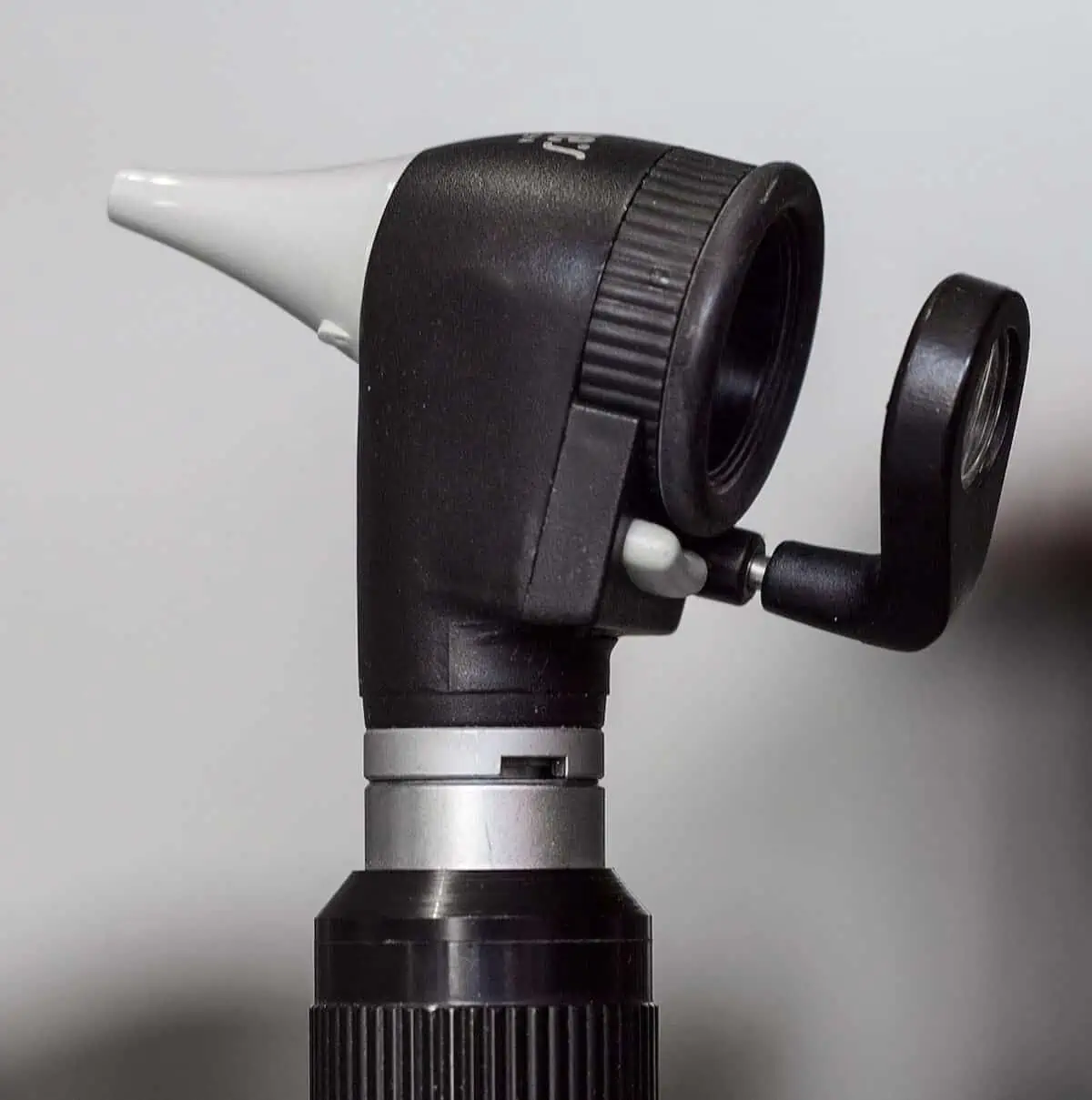Hearing is a crucial sense that allows us to communicate with others, stay connected to the world around us, and enjoy our favorite sounds, such as music. However, it’s all too easy to take your hearing for granted. Many people don’t realize the importance of having regular hearing tests, especially if they have not noticed any decline in their hearing.
However, the fact is that hearing loss isn’t often something that comes on suddenly. While it can happen, it’s far more likely that if you are losing your hearing, it’s going to happen so gradually over time that you’ll barely notice.
That’s why you should consider a hearing test to be just as important as any other health check-up that you go for, such as eye tests or dental check-ups. Going for a regular hearing test will help you maintain good hearing health and detect any signs of hearing loss as early as possible.
Types of Hearing Test
There are several types of hearing test available. The most common type of hearing test is a pure-tone audiometry hearing test. During this test, your ability to hear different tones at different frequencies will be measured. Other tests include speech audiometry, where your ability to hear and understand speed is measured, and an otoacoustic emissions (OAE) test, which measures how the inner ear responds to sound.
For regular check-ups to maintain good hearing health and spot any damage, a pure-tone audiometry hearing test will usually be carried out. You can get started with booking by simply searching for ‘audiologist near me’. Most offer the option to book your hearing test easily online, along with information you may find helpful for your first time.
Potential Consequences of Not Testing Your Hearing
Hearing loss is a more common problem than you might think. According to the National Institute on Deafness and Other Communication Disorders, around 15% of adult Americans over the age of 18 report some trouble hearing. Plus, one in eight people (around 13%) in the US have hearing loss in both ears.
It makes sense, based on these statistics, that you could be affected. While finding out that you have hearing loss might not be what you wanted, there are treatments and technology that can help prevent further damage and ensure that you can hear well for as long as possible. And the best way to access these is to get your hearing tested.
Untreated hearing loss can not only make it difficult for you to hear sound and communicate with others; there are many unwanted side effects, such as depression, cognitive decline, and becoming socially isolated. It can have an impact on your ability to work and make a living and cause problems with your relationships with family and friends.
Without regular hearing tests, hearing loss can be difficult to detect because the damage often happens so gradually. If you’re not getting your hearing tested regularly, there’s a high risk that you may not even realize that anything is wrong until the damage – and the impact – has become serious.
Who Should Get Regular Hearing Tests?
Anybody can be at risk for hearing loss. Therefore, it’s a wise idea for everybody to have their hearing tested regularly. However, some people are at a higher risk than others. These include:
- People over the age of 60
- People who have been exposed to loud noise (for example, in a work setting)
- People with certain medical conditions
- People with a family history of hearing loss
Age
As we get older, the risk of hearing loss increases. Statistics show that over half of people over the age of 60 in the US have hearing loss. High-frequency hearing loss is the most common type of age-related hearing loss, which can make it difficult to hear high-pitched sounds such as women’s or children’s voices, or birds singing. Due to this increased risk, regular hearing tests are recommended.
Loud Noise Exposure
Being exposed to loud noise can cause serious, irreversible damage to your hearing. If you work in a loud environment, for example construction or manufacturing, regular hearing tests are a must. It’s also worth getting your hearing tested if you attend or have attended lots of noisy environments like concerts or clubs.
Medical Conditions
There are several medical conditions that can increase hearing loss risk. These include diabetes, cardiovascular disease, autoimmune disorders, and Meniere’s disease. Being prescribed ototoxic medications can also increase your risk.
Genetics
Finally, genetics can play a part when it comes to hearing loss. So, if you have a family history of hearing loss, it’s worth getting regular tests. Hearing loss can be inherited through both dominant and recessive patterns and is caused by changes in the genes that control ear development and function.
If you haven’t added a hearing test to the regular health check-ups you get, it’s worth doing. Even if you haven’t noticed any obvious issues with your hearing, a hearing test can spot early signs of damage and help you understand your hearing health.

